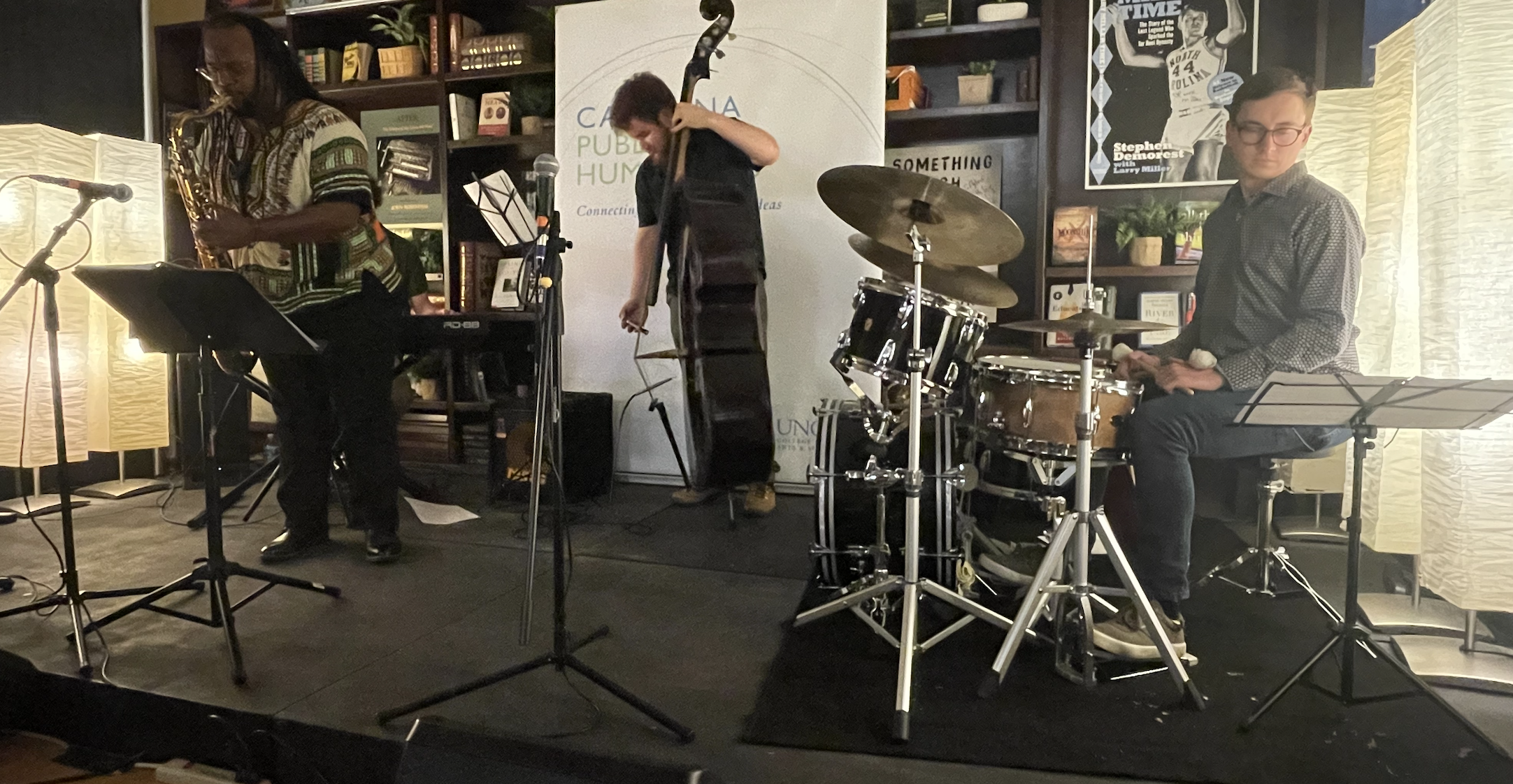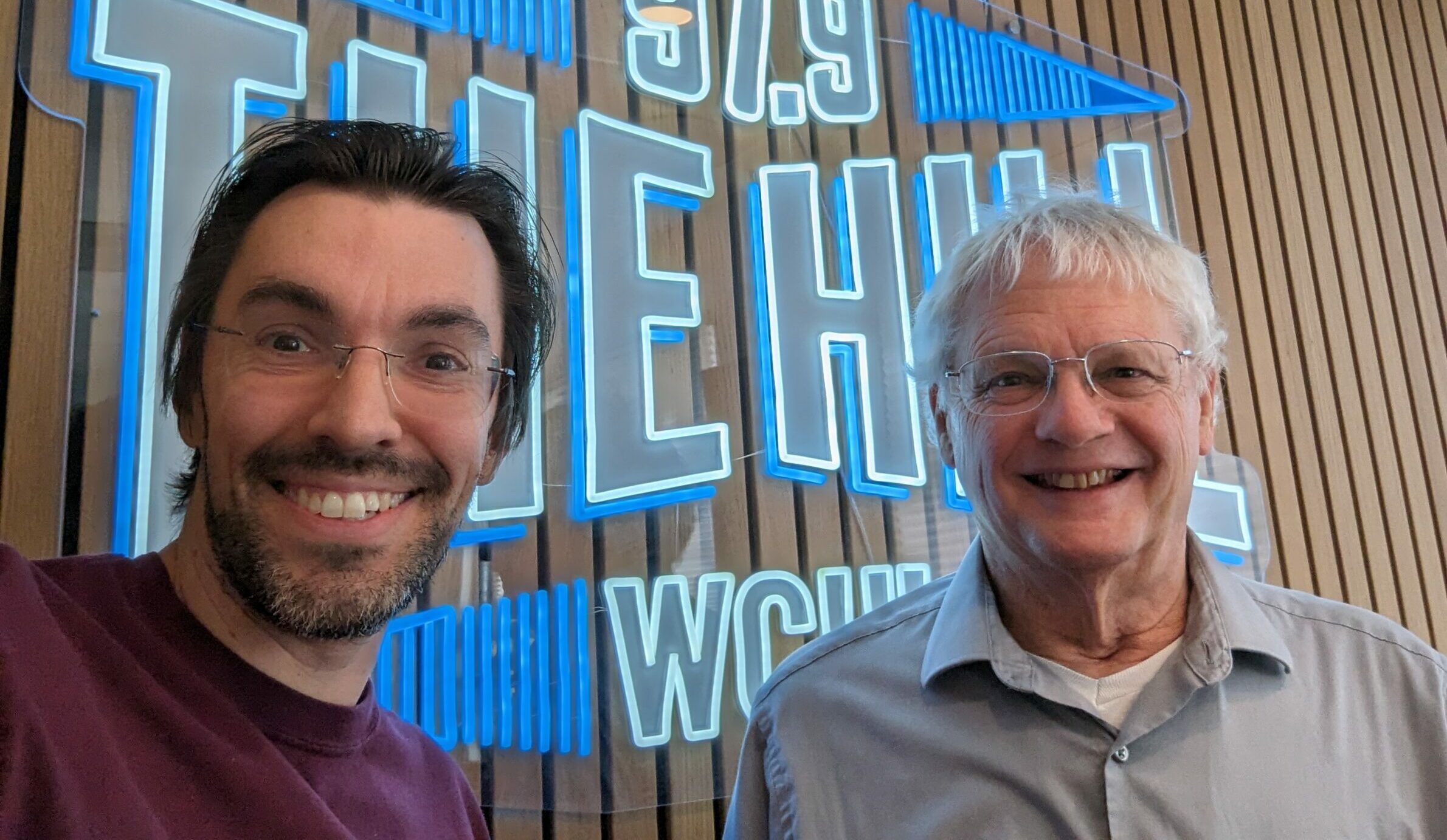Just ten days after UNC began its fall semester classes, the university announced that in-person instruction will end and classes will move to a remote learning model indefinitely.
In light of these abrupt changes, UNC faculty and instructors had to quickly adjust their teaching models and lesson plans.
Lloyd Kramer is a Professor of History at UNC and the Faculty Director of Carolina Public Humanities. He said, amid consistent changes on the university’s part, it has been difficult for UNC faculty to refigure their classes for the fall semester.
“I think it has been somewhat disruptive,” Kramer said. “Many of us had organized something called ‘hybrid classes,’ where we were meeting part of the students in the classroom and part on the Zoom – and it was at least giving us a little direct interaction with people although everyone was wearing a mask and it was not a normal classroom setting.”
After several COVID-19 clusters pushed the university to move entirely online, Kramer said, while they were more prepared for online learning now in comparison to March, switching between learning models still requires a lot of adjustment.
He said one of the weirdest things about this new learning model is having speakers interact with students who are not in the room.
“This is really a disorientating experience for most of us,” Kramer said. “We’re all learning how to do it. We’ve decided to launch more small-group conversations because this is a way in which we can use Zoom technology.”
On the flipside, Kramer said using Zoom does provide the opportunity to draw in people who the department might have not been able to reach before – therefore helping UNC garner a national presence with a larger reach.
Despite this, he said one of the big things that concerns him about remote teaching during a pandemic is what the financial impact will be on the humanities and its programs.
“Is this going to undermine some of our long-term stability,” Kramer asked. “Is it going to reduce our ability to hire new faculty? Is it going to weaken our ability to support graduate students – especially in the humanities and the social sciences where there may be less grant money for scientific research?”
Max Owre is another lecturer in the History Department at UNC and the Executive Director of Carolina Public Humanities. He said being prepared for the possibility of going 100 percent online made this transition easier.
“It certainly is an easier transition because I think both Lloyd and I were prepared that this might be an eventuality,” Owre said. “So for me, it was as simple as turning a switch. In fact, it’s less work. I don’t have to leave the house although that was something I was very much looking forward to.”
While Owre said being able to switch to an online learning model is a valuable skill for teachers to have, the pros don’t outweigh the cons.
“It’s like taking one step forward and three steps back when it comes to all the things Lloyd mentioned – funding for faculty and ability for graduate students to do research,” Owre said. “So every little thing we’ve learned that might in the long run help us in the classroom or in public programming is really mitigated by those much larger and serious concerns.”
Owre said the department is a little early in the game to see exactly how students, lecturers and the public are reacting to this Zoom model, but after the response they had in the spring – the first time UNC went virtual – he is hopeful.
“Judging from what we saw in the spring, any contact they can have with Carolina Public Humanities and our content has been welcomed,” Owre said. “So we’ll just have to see what it feels like to do these new formats.”
For more information on Carolina Public Humanities, and the events they have coming up, click here.
Chapelboro.com does not charge subscription fees. You can support local journalism and our mission to serve the community. Contribute today – every single dollar matters.






